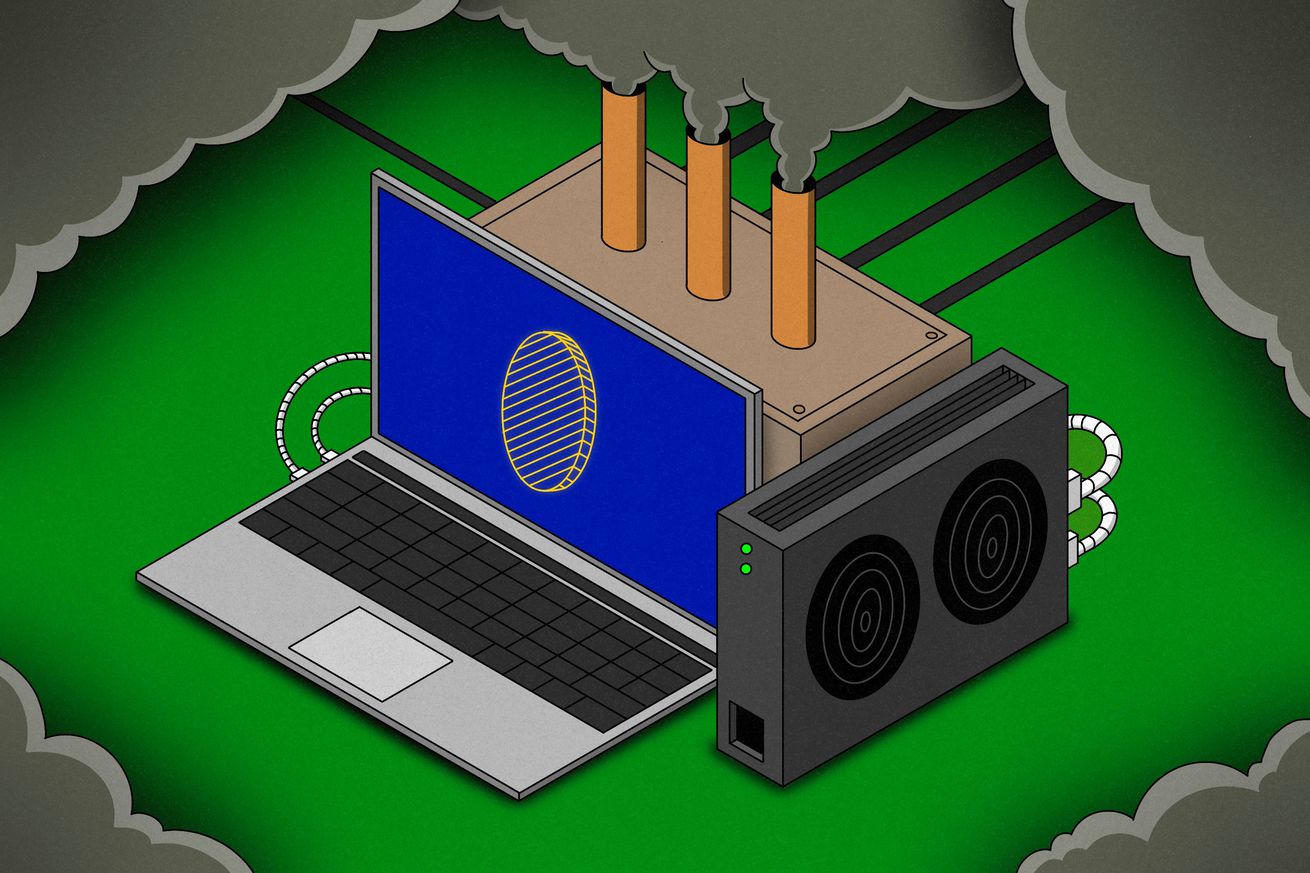Bitcoin miners win legal battle to keep mum about energy use
2024-02-27 10:56
Science

Crypto miners have successfully blocked the Department of Energy’s (DOE) survey of Bitcoin’s energy consumption in the US. A federal judge has issued a temporary restraining order that prevents the DOE from moving forward with data collection.
More Bitcoin is mined in the US than anywhere else in the world, a trend that has sparked legal battles over the impact energy-hungry crypto mines have on the power grid, nearby communities, and the environment. The DOE announced last month that it would start to collect data on the electricity consumption of crypto mines, mandating that companies comply with the “emergency collection of data request.”
Industry groups were quick to challenge the move in court. The Texas Blockchain Council and Bitcoin mining company Riot Platforms filed suit, contending that the DOE’s implementation of the survey as an “emergency” action was unlawful. “Weaponizing an agency against law-abiding businesses for political reasons must not be permitted,” Brian Morgenstern, head of public policy at Riot Platforms, said in a post on X yesterday celebrating the legal victory.
A district judge in Texas not only granted a temporary restraining order (TRO) last week but also wrote that the plaintiffs are “likely to succeed” in showing that the DOE didn’t have enough reason to authorize the survey as an emergency collection of data request.
“Such emergency requests are only appropriate upon an agency head’s determination that public harm is reasonably likely to result if normal clearance procedures are followed,” the order says. The judge sided with plaintiffs who claim that complying with the survey would cause their businesses harm, writing, “Plaintiffs have shown through a verified complaint and supporting evidence that immediate and irreparable injury, loss, or damage will result if a TRO is not issued.”
While questions over the merits of the DOE survey work through court, the temporary restraining order will halt the DOE’s data collection for now. Bitcoin mining companies were initially supposed to respond to the survey by February 23rd, the same date the temporary restraining order was issued. Now, the DOE won’t be allowed to collect data through the survey or share any information it has already gathered.
There’s some early evidence that Bitcoin mining has already affected the US energy system. Mines are basically data farms that run around the clock in order to compete for a chance to validate transactions and earn Bitcoin in return. The industry’s operations in the US use roughly as much electricity as all of the nation’s home computers combined, according to a 2022 estimate by the White House Office of Science and Technology Policy. Globally, environmental and social damages associated with Bitcoin’s energy use and greenhouse gas emissions are greater than those of beef production, according to a 2022 study in Scientific Reports.
Bitcoin mining also risks stressing out the power grid in Texas, a crypto hub in the US where the state’s grid operator has paid Riot more than $31 million in energy credits to curb its electricity use during heatwave-induced demand spikes. Bitcoin mining has also brought sputtering fossil fuel power plants back to life and raised electricity costs for some residents in New York.
Source: https://www.theverge.com/2024/2/27/24079048/bitcoin-crypto-mining-energy-department-electricity-survey-restraining-order